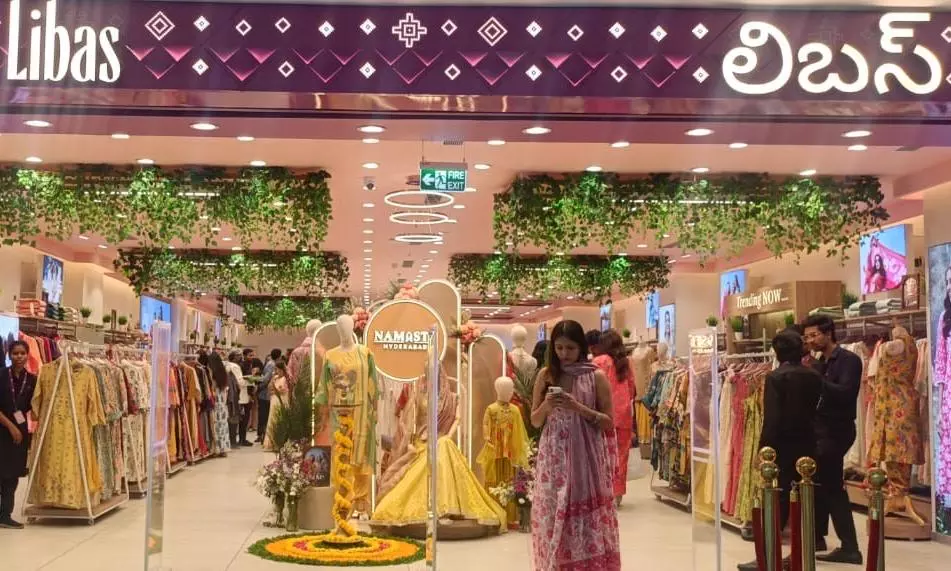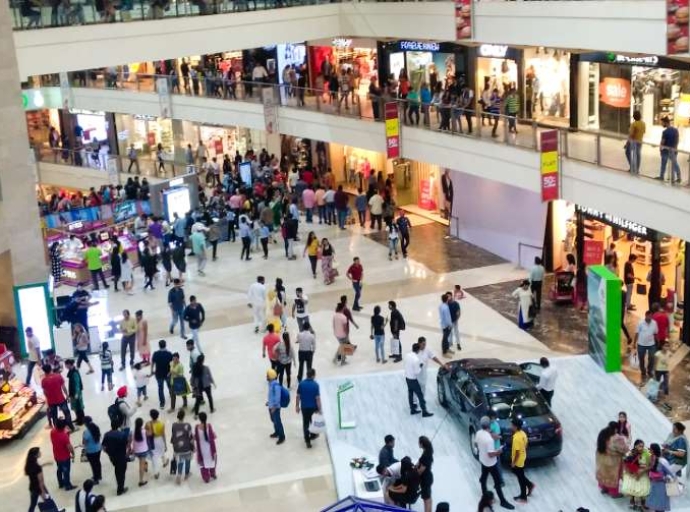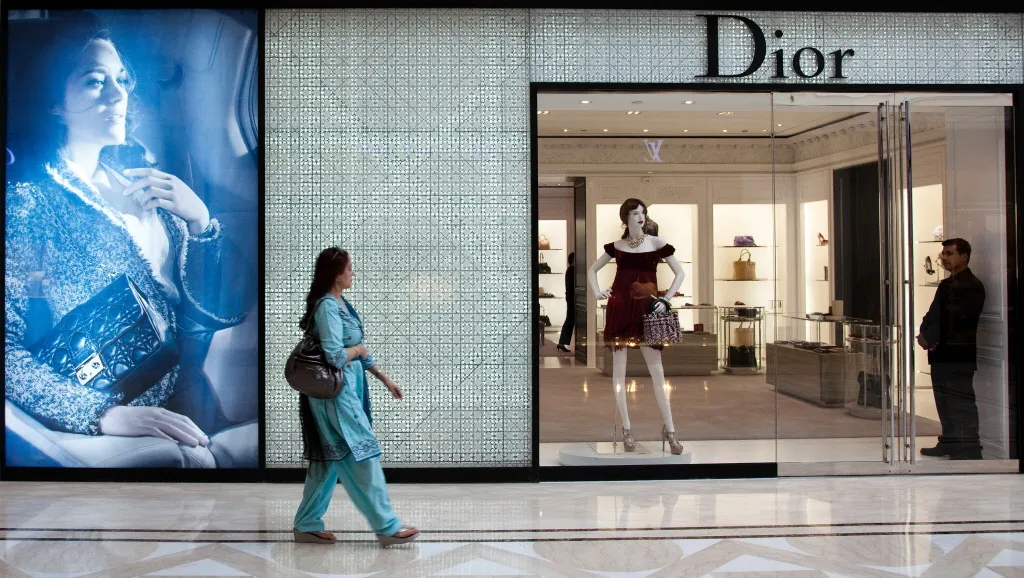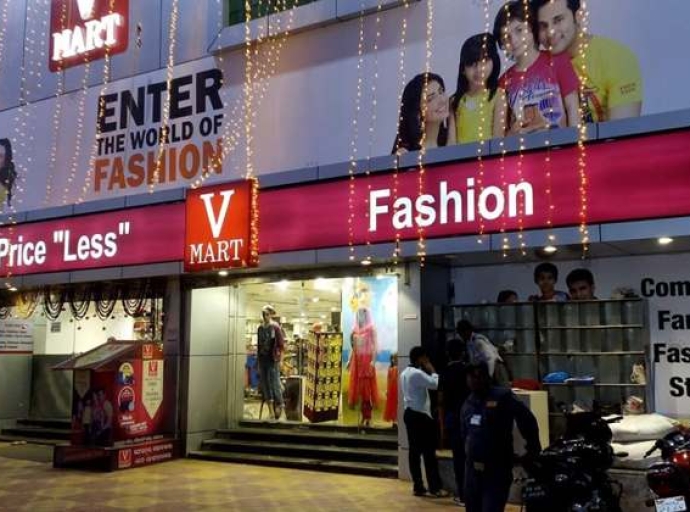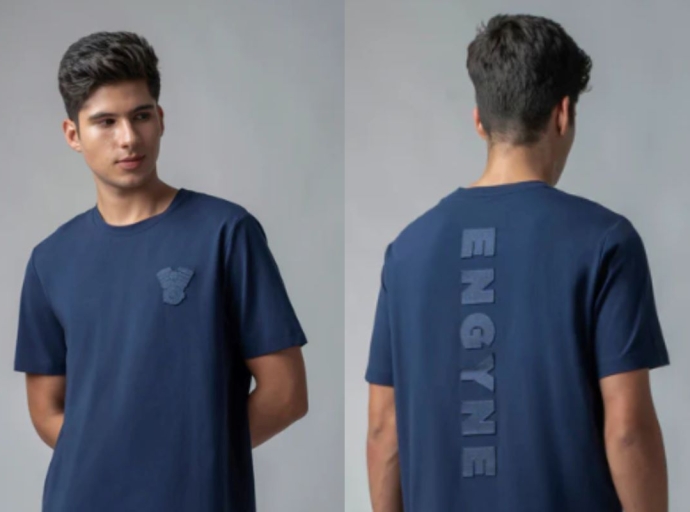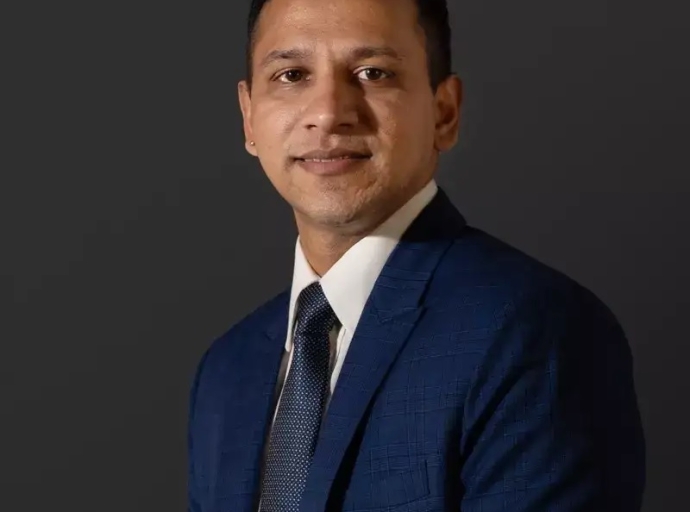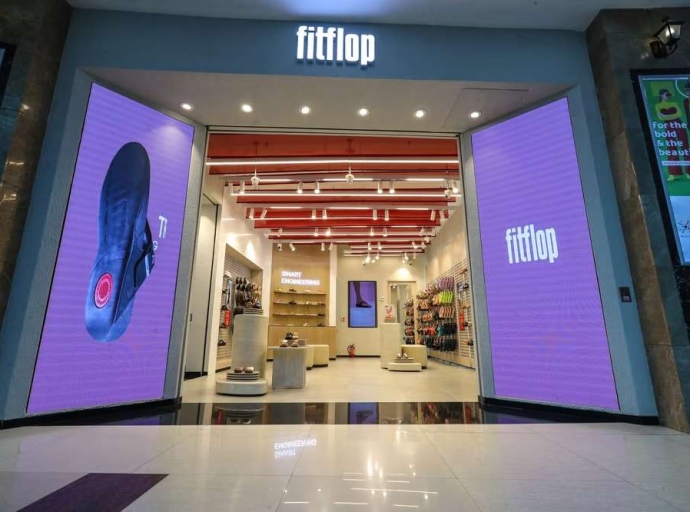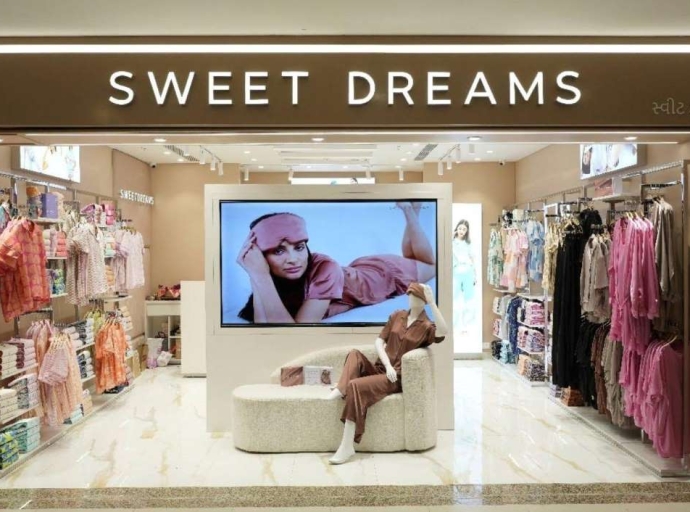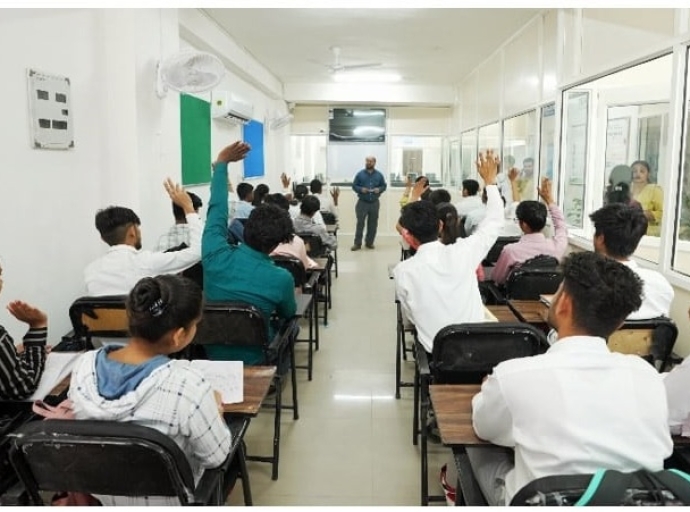In a clear reflection of India’s buoyant consumer sentiment and economic resilience, the retail real estate market witnessed robust leasing activity across major cities during the January-March 2025 period. The new Cushman & Wakefield report outlines a steady revival in physical retail due to store expansions, evolving consumer behaviors, and a renewed confidence among global and domestic brands.
This resurgence, noted across metros and Tier-II cities alike, signals a shift toward more immersive and diverse retail formats — reaffirming brick-and-mortar’s relevance in an increasingly digital shopping landscape.
Fashion Guru
Steady stride into 2025
As per Cushman & Wakefield, retail leasing across India maintained an upward growth from January to March 2025. Retailers, particularly in the fashion, food & beverage, and entertainment sectors, showed increased appetite for quality retail spaces in both high streets and organized mall formats.
Experts attribute this growth to three primary factors: India’s expanding middle class, rising disposable incomes, and a strong desire for offline experiences post-pandemic.
With the retail industry estimated to surpass $1.5 trillion by 2030, the physical footprint remains crucial for brands aiming to build trust and engagement in the Indian market.
As per the report, main streets dominated leasing, accounting for two-thirds of the total leasing volume (1.69 million sq ft). Mall leasing accounted for 0.72 million sq ft. Mumbai had the highest mall lease share. What’s more, domestic brands drove over 92 per cent of leasing activity.
Metro markets lead the way
Mumbai: India’s financial capital continued to dominate leasing activity, buoyed by the return of international brands and luxury players. Mumbai accounted for 24 per cent of total leasing volume (0.58 million sq ft), with a 259 per cent YoY growth. High street corridors such as Linking Road and Colaba witnessed increased absorption, while new-age malls in suburban districts attracted premium tenants across lifestyle and wellness categories.
Delhi-NCR: Retail spaces in key areas like South Delhi and Gurgaon saw robust interest, with malls nearing full occupancy and several premium high-street locations experiencing rent escalations. Delhi NCR contributed 17 per cent of total leasing share (0.41 million sq ft), with a 57 per cent YoY increase.
A notable trend was the rise in food and beverage leasing, with gourmet brands and café chains targeting affluent pockets.
Bengaluru: With its cosmopolitan mix and tech-driven populace, Bengaluru remained a hotspot for experiential retail. The city saw strong demand from global fashion brands, electronics retailers, and digital-native brands (DNBs) establishing flagship stores in destinations such as Indiranagar and Whitefield.
Kolkata: As per Cushman & Wakefield's findings, Kolkata recorded leasing volumes of approximately 57,000 sq. ft. during this period — up 6 per cent quarter-on-quarter. Fashion brands were the primary drivers of demand, with nearly 96% of the leasing activity concentrated on main streets.
The city’s growth in organized retail was further aided by new mall supply and growing appetite among luxury and premium brands.
Hyderabad & Chennai: These emerging retail markets saw increased traction from homegrown and regional brands. In fact, Hyderabad led the way with 34 per cent of total leasing volume (0.8 million sq ft), experiencing 106 per cent YoY growth.
Malls in prime areas like Banjara Hills in Hyderabad and T Nagar in Chennai reported healthy footfalls and renewed leasing activity, especially in the mid-premium fashion and wellness segments.
Visit for more
What’s driving the momentum?
Most important growth driver is omnichannel strategy taking center stage. Retailers are no longer treating online and offline as separate silos. The omnichannel approach — where offline stores serve as both sales points and experience centers — is now the norm. Brands like Nykaa, Pepperfry, and JioMart continue expanding offline, bridging digital discovery with tactile experiences.
Growing experiential retail is another factor. With customer expectations shifting from transactional to experiential, brands are investing in immersive store formats. Think AR-enabled trial rooms, community cafés inside bookstores, and hybrid gaming-retail lounges. This trend is particularly visible in metros where Gen Z and Millennials form a significant chunk of consumers.
The rise of flexible leasing models is also contributing to this growth. Landlords are adapting to new market realities by offering shorter lease tenures, revenue-sharing agreements, and fit-out assistance. Such flexibility has helped small businesses and new entrants explore physical retail with reduced risk.
Join our community
Despite its growth, the sector isn’t without headwinds. Global supply chain constraints have impacted inventory availability for many international retailers. Furthermore, competition from quick commerce and online marketplaces continues to exert pressure on traditional formats.
In addition, fluctuating construction costs and regulatory delays in mall approvals pose challenges for developers looking to add new supply.
Moving ahead, retail leasing activity is expected to remain strong through 2025, especially with new mall supply scheduled in cities like Pune, Lucknow, and Ahmedabad.
The introduction of mixed-use developments that combine retail, hospitality, and entertainment will also play a vital role in enhancing customer experiences.
The bottom line is as Indian consumers evolve, so too must the spaces that serve them. The integration of sustainability practices, smart infrastructure, and adaptive leasing models will define the next phase of growth in the retail real estate sector.
Visit for more

